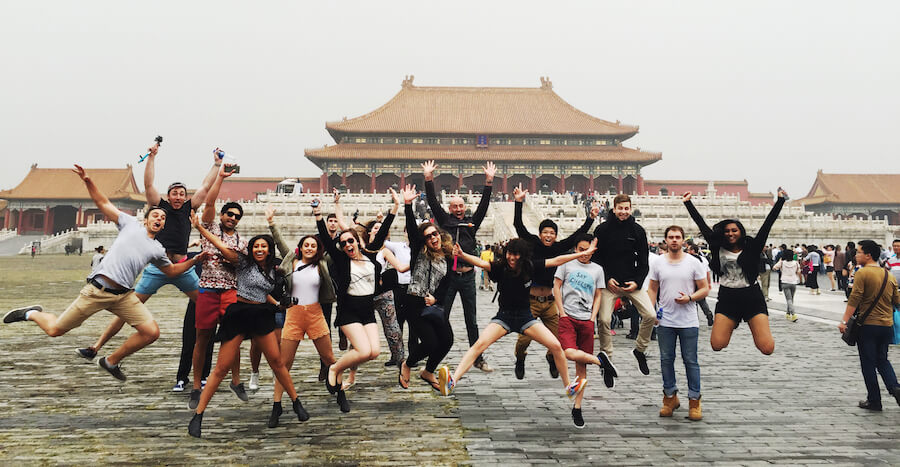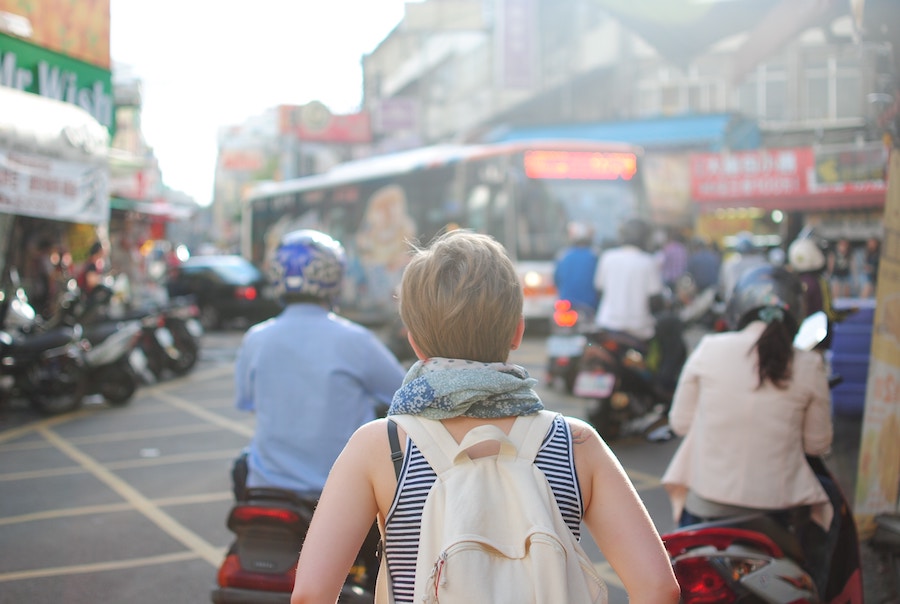Published on the 14th August 2018
What Is Culture Shock And How To Overcome It?
Reading Time: 5 min read

The world is a much smaller place than it used to be.
With more advanced transportation, easier affordability of planes and trains, and the ability to interact with someone on the other side of the world at a moments notice, it has never been so easy to travel the world.
Experiencing different cultures is an everyday occurrence for most of us, and the opportunity to select from a wealth of holiday destinations at the click of a mouse has made it easier than ever to visit new places and experience new events, foods, people and events.
As well as increased access to holidays, it is now also easier than ever to pack up your life and relocate to a brand new country whenever the travel bug bites you.
You find the location, grab yourself a fantastic job, and board the plane full of anticipation and excitement.
You touch down confident and poised, eager to explore everything your new life has to offer you.
Then, out of nowhere, it hits you.
Things here are different.
Like, REALLY different.
People look different, speak a different language, eat strange foods, and have customs, fashions and traditions which are completely alien to you.
Welcome to culture shock.
 Image Source: diegomallien.com
Image Source: diegomallien.com
What is culture shock?
Culture shock is an experience which travellers have when they move to or encounter a culture which is different to their own, with unfamiliar attitudes, ways of life and various other cultural differences.
One of the benefits of travelling is the opportunity to see new countries and experience new memories, but this can sometimes be overwhelmed by a sense of unfamiliarity, homesickness, or confusion.
Stages of culture shock
There are 4 recognised stages of culture shock:
1. The Honeymoon Stage
In this stage, the new country or location seems bathed in a rose-tinted glow.
Everything is wonderful, and making the decision to move was the best choice you could ever have made in your life.
The people are all incredible, the food is outstanding, and everything about your newly adopted home is ten times better than it could ever have been back in the place you left.
The infatuation with the new location is overwhelming, and you are sure you will never want to leave.
2. The Frustration Stage
During the frustration stage, fatigue sets in.
Constant miscommunications, conversations that are undertaken entirely in gestured sign language, the feeling that you are not getting to grips with the language can all be factors here, as can anything drastically different from home; mastering the transportation system, getting to grips with the currency, or even leaning to haggle effectively.
This can lead to homesickness, frustration and increasing depression, as well as an overwhelming feeling of why am I here?
 Image Source: globe.international.mq.edu
Image Source: globe.international.mq.edu
3. The Adjustment Stage
It is well worth fighting through the frustration stage, as during the adjustment stage things start getting much easier.
Travellers begin feeling more comfortable, getting to grips with the language and culture, learning the ways of the society, and becoming more familiar with your surroundings.
Navigation becomes easier, friendships are made and established, and you feel more supported in your new life.
You may begin to understand the nuances of the local culture and customs and have the opportunity to celebrate local holidays and events, making you feel more at home and relaxed.
4. The Acceptance Stage
The desired outcome for any traveller, this stage does not require total and complete acceptance of one’s new surroundings or home, but rather the acceptance that absolute understanding is not necessary.
Travellers feel familiar and at ease, and confident that they have the skills and abilities to thrive and function in the new culture.
This is the time to stop comparing old with new, and creating unfair and impossible standards or comparisons.
Instead, travellers can acknowledge homesickness without it taking over every aspect of their lives.
This is the ideal stage, as it allows you to truly make the most of the new experience around you, and jump in with both feet!

How to deal with culture shock
One of the best ways to deal with culture shock is to be prepared.
Learn as much as possible about your new destination before you go; explore blogs and articles from people who have visited, learn some key vocabulary, and research your new neighbourhood or home.
Ensure that you pick the best insurance, from an experienced provider such as GasanMamo, to give you peace of mind should anything go wrong.
Write a list of the things you are excited to see, and upon arrival, make a note of how you feel: this can be valuable in seeing how far you have come when looking back later.
Most importantly: communicate.
Be honest about your feelings with your fellow travellers, and you will likely realise that you are not alone.